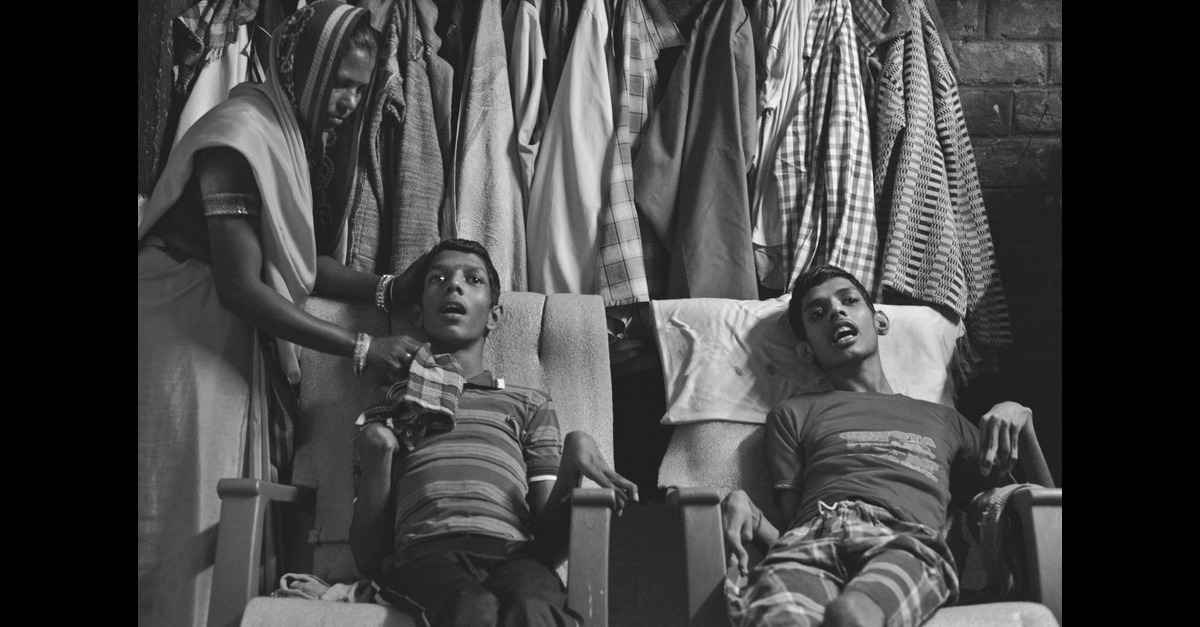INTRODUCTION
The Supreme Court of India has now started to deal with the toxic waste that was collected from the site of the Bhopal gas tragedy which occurred in 1984 and is now located in Pithampur, Madhya Pradesh. The importance of this matter lies in the fact that it affects the well-being of both the human population and the environment. Intervention of the court serves to reinforce the direness of that situation. The disaster has already ruined lives and if the waste is not handled right, more suffering is likely to be the result. Solving this problem is impossible without taking into consideration the safety of the community and the protection of the environment.
BACKGROUND
On 2 December, 1984, when volatile gas methane was found to be leaking out of the Union Carbide factory in Bhopal, the incident resulted in the killing of thousand people and the survivors encountered a lot of health problems for a long time. Even after over 40 years, the poisonous waste can become a real threat because the chemicals it includes are very harmful and might lead to devastating pollution and health risks. The Supreme Court, alongside the activists and the survivors have proposed the remedy for the toxic waste problem.
KEY POINTS
- Supreme Court’s Action: Besides that, the apex court has flung the notice to the central government, the Madhya Pradesh government, and the state’s pollution control board to respond to what methods they will use to get rid of the toxic waste at Pithampur.
- Health and Environmental Risks: Most of the people in Pithampur and the surrounding areas, including Indore, are anxious and truly have health concerns for their family. The waste disposal site is near people’s houses and the Gambhir river, an ingredient to the water supply of Indore, is there too.
- Legal and Social Issues: The Supreme Court’s contribution to this case indicates the ongoing struggle with industrial waste management and the fair treatment of the affected people. The Court seems to be very hard on the government and other responsible agencies and wants them to undertake their responsibilities properly.
- Previous Court Orders: High Court of Madhya Pradesh issued the order to move 337 tons of poison gas waste from the Union Carbide site where the incident had happened to Pithampur. The practice was not applied by the authorities as they didn’t obey the order.
RECENT DEVELOPMENTS
The actions taken by the Supreme Court to safeguard the public health and the environment from the risks of hazardous waste are currently attracting intense discussion. The legal authorities and the environmental protection advocates are in harmony with the positive action of the Court. With their penetrating and proponent questioning on the matter, they have brought hope to the Bhopal survivors who have long awaited a proper response. This reallocation of energies plays a major role in increasing the chances of introducing sustainable and better-tailored solutions that will eradicate the former errors.
CONCLUSION
The Supreme Court’s interrogation concerning poisonous waste removal from the Bhopal gas disaster that took place at Pithampur again focuses on the acceleration of the development of a recycling facility and the lack of proper environmental laws regarding the site. The mentioned news should be studied with regard to the problems that resulted from the Fukushima, Japan nuclear plant catastrophe several years ago and which still deeply influence life on the island but it was properly contained and any and all waste was disposed of in a proper manner.
“PRIME LEGAL is a full-service law firm that has won a National Award and has more than 20 years of experience in an array of sectors and practice areas. Prime legal falls into the category of best law firm, best lawyer, best family lawyer, best divorce lawyer, best divorce law firm, best criminal lawyer, best criminal law firm, best consumer lawyer, best civil lawyer.”
WRITTEN BY TANMAYEE VELLORE RAGHUNANDAN


